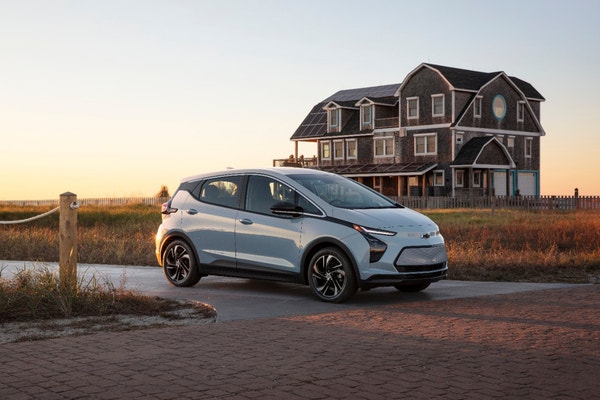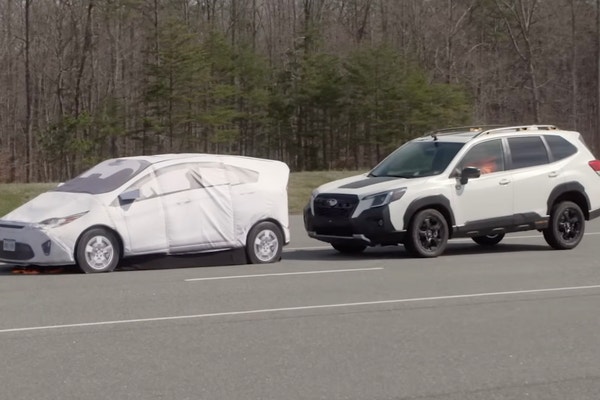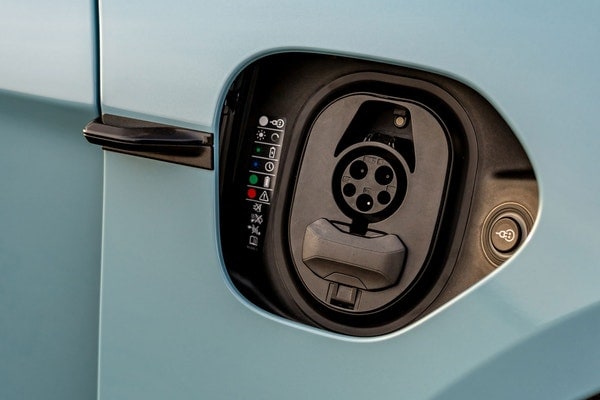Used 2017 Chevrolet City Express LT Minivan Review
Consumer reviews
Read what other owners think about the 2017 Chevrolet City Express LT Minivan.
Most helpful consumer reviews
For a simple old man this is Great !
Edmunds Summary Review of the 2017 Chevrolet City Express LT Minivan
Pros & Cons
- Pro:More maneuverable than bigger, standard-size cargo vans
- Pro:Fuel-efficient four-cylinder engine
- Pro:Low entry price
- Pro:Slow acceleration from the single engine option
- Pro:
- Pro:
- Con:Less cargo space than some rivals
- Con:No telescoping steering wheel available
- Con:Seat cushions are on the stiff side
Full Edmunds Review: 2017 Chevrolet City Express Minivan
Driving
The 2017 Chevrolet City Express' main advantage compared to a traditional full-size van is its agile nature and maneuverability. A light steering effort and quick turn-in make it easy to navigate parking lots and tight city streets. Driving a larger cargo van, by comparison, can feel like steering a cruise ship. Although the City Express' taller profile and higher center of gravity make it more susceptible to crosswinds, it isn't a cause for concern if you aren't frequently traveling windy, open highways.
The City Express' small four-cylinder engine offers the highest city-driving fuel efficiency, but it also lacks real power. So if the cargo you plan to haul is on the heavy side, you might find the City Express' muscle insufficient for the job.
By that same token, we found driving around with a completely empty cabin had an amplifying effect on the road noise. Hauling cargo is really the purpose of owning a vehicle like this, and having boxes or a similar load inside helps with sound-deadening.
Interior
As with most commercial-focused cargo vans, the 2017 Chevrolet City Express is designed with utility in mind. There are lots of tie-down points, and on the LT trim level there's an additional 12-volt power outlet in the back. Several standard integrated mounting points allow for the installation of racks and shelves.
The passenger-side seat has an underseat storage tray, and the seatback can be folded down to accommodate longer items or serve as a flat worktable, whether for using a laptop to track paperwork or catching a quick lunch. The steering wheel doesn't telescope, which might make it more difficult to find a comfortable driving position. But for those who want a little touch of modern tech, there's an available infotainment system sourced from Nissan, replete with navigation, a USB outlet, satellite radio, and a user-friendly 5.8-inch color touchscreen that doubles as a display for the rearview camera.
The City Express' wide-opening cargo doors, dual-rear sliding doors and low load floor make ingress/egress a cinch. Cargo capacity in the City Express tops out at 122.7 cubic feet, with a maximum payload of 1,500 pounds. For comparison, the Ford Transit Connect provides 128.6 cubic feet of space and a 1,620-pound payload or 103.9 cubic feet and 1,470 pounds for the long- and short-wheelbase cargo vans, respectively, while the Ram ProMaster City offers 131.7 cubic feet and a 1,883-pound capacity. The Nissan NV200 is identical to the Chevy in all measurements.
Edmunds Insurance Estimator
The Edmunds TCO® estimated monthly insurance payment for a 2017 Chevrolet City Express in Ohio is:
not available


